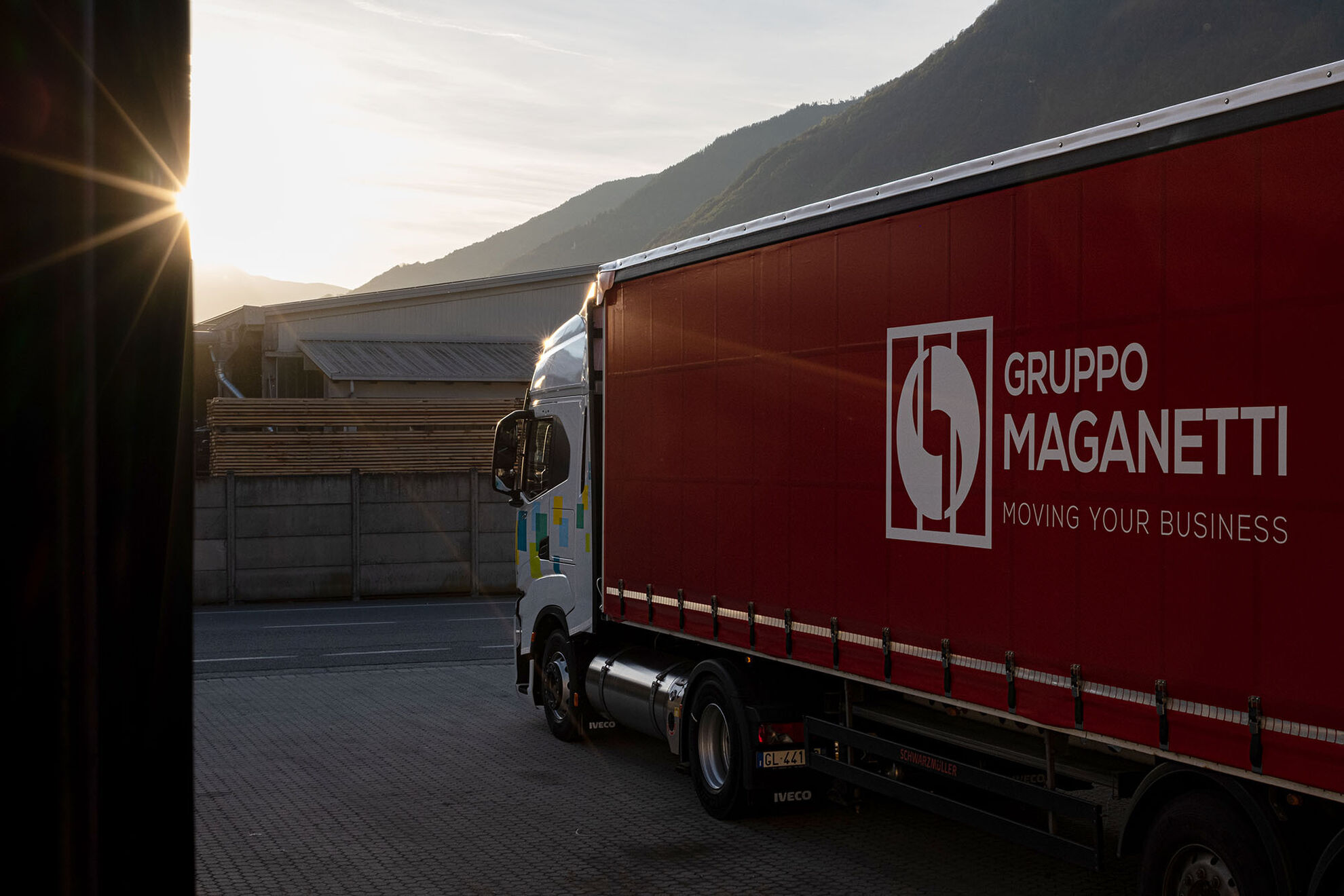Yesterday and today
The world of industrial transport has always concentrated on a very clear economic and social paradigm: goods must travel in the times and by the means the customer requires, with the right balance between cost and efficiency. In the last decade, and especially in the last two years, it has become apparent that the challenge facing logistics businesses has changed: not only do they have to provide the service required, when possible, with the right cost/efficiency balance, but they also have to do so in a more and more sustainable way, in environmental and social as well as economic terms.
In 2016 the Maganetti Group took up the challenge with which the new economy faces all industrial concerns by launching its LGN project and rebuilding its business model on the basis of innovative sustainability protocols: reduction of environmental impact; choice of new fuels; stakeholder engagement to monitor the impact of its operations on the community and a focus on flows and processes, not only for the service but also for the people directly and indirectly involved in its delivery.
Over the years the company has stood out at the local, national and European level, by promoting a business model that embraces the social and environmental aspects of its operations while maintaining a strong focus on the cost/quality ratio. The first benefit corporation and the first European B Corp in its sector, the Maganetti group has developed an integrated sustainability plan based on Italian biofuels, and especially advanced Biomethane: in January 2022 it began to use 100% Biomethane at its filling station, thus promoting carbon-free transport as early as 2022.




